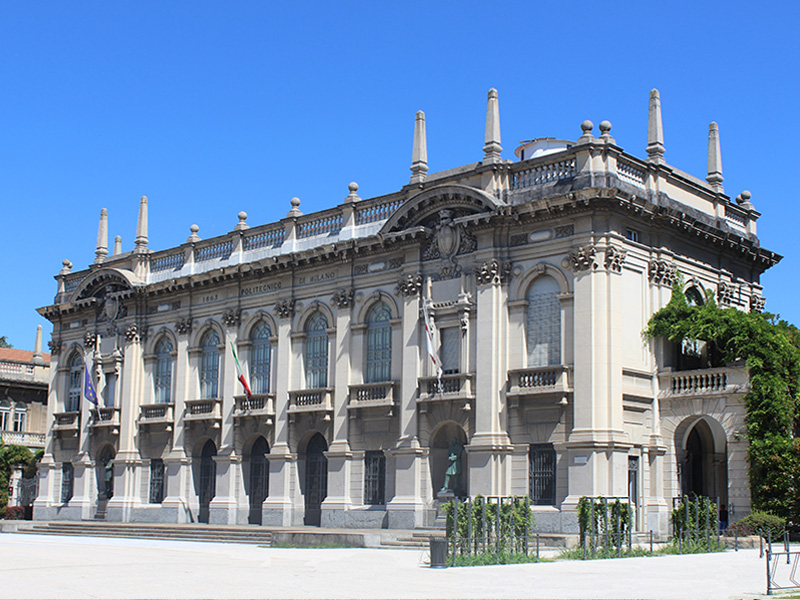
Event Details
Matthias Ihme Department of Mechanical Engineering Stanford
Learn more
Event Details
Matthias Ihme
Department of Mechanical Engineering
Stanford University
To enable to successful implementation of alternative jet fuels in aviation gas turbines, testing in combustor rigs and engines is required to evaluate the fuel performance on combustion stability, relight, and lean blow-out characteristics. Currently, these certification processes largely involve experimental testing, and the enormous potential of computational methods has been recognized in shortening test-time and reducing cost of these certification processes. However, enabling the accurate prediction of fuel effects on combustion performance, stability, and emissions requires overcoming several numerical, physical and modeling challenges. This presentation provides a comprehensive overview of a computational modeling effort, supported through the FAA National Jet Fuels Combustion Program, in developing and assessing high-fidelity modeling tools for the characterization of alternative fuels in gas-turbine engines. These modeling tools combine large-eddy simulations with advanced numerical models for predicting critical combustion-physical processes, involving liquid-fuel injection, breakup, evaporation, ignition, and turbulence/chemistry interaction. After describing these models, simulations results in application to a gas-turbine combustor are presents. Comparisons with experimental data are performed to examine to accuracy of these modeling tools and to assess the sensitivity of different alternative fuels on the lean blow-out behavior.
Short Bio
Matthias Ihme is Associate Professor in the Department of Mechanical Engineering at Stanford University. He holds a BSc. degree in Mechanical Engineering and a MSc. degree in Computational Engineering. In 2008, he received his Ph.D. in Mechanical Engineering from Stanford. After being on the faculty of the Aerospace Engineering Department at the University of Michigan for five years, he returned to Stanford in 2013. He is a recipient of the NSF CAREER Award (2009), the ONR Young Investigator Award (2010), the AFOSR Young Investigator Award (2010), and the NASA Early Career Faculty Award (2015). His research interests are broadly on the computational modeling of reacting flows, the development of high-order numerical methods, and the investigation of advanced combustion concepts. engines, advanced models for turbulent sooting flames, electrical field effects on flames, and combustion characteristics of high hydrogen content fuels for advanced gas turbine applications.
Time
15 September 2017
11:30
Location
Aula 9.0.2 (ex C.G.2) , Campus Leonardo
P.zza Leonardo da Vinci 32 20133 Milano
Organizer
Politecnico di Milano